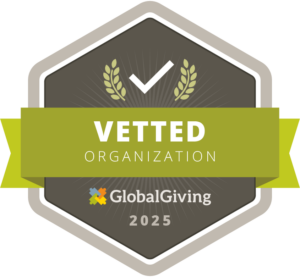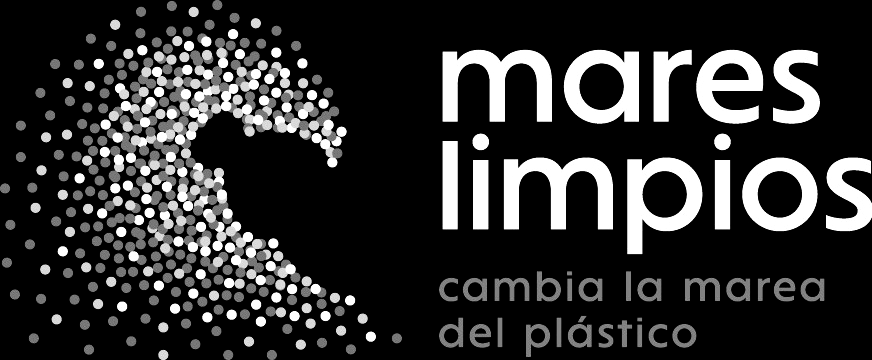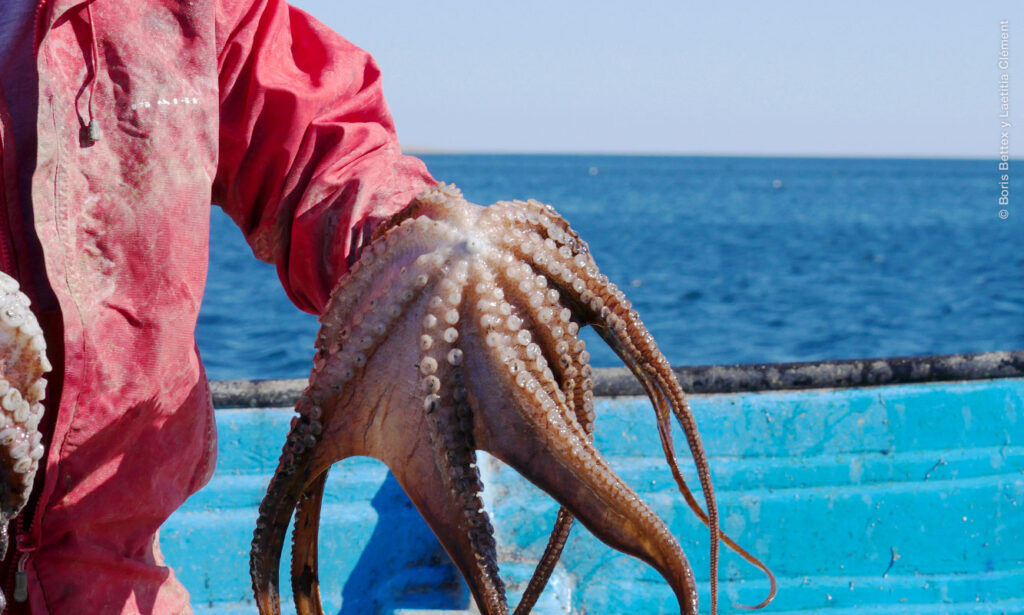
To consolidate a work group for the implementation of the Octopus Fishery Improvement Plan (FIP) in Bahía de los Angeles, Pronatura Noroeste participated – with the community, groups of fishermen, fishing permit holders, the Secretariat of Fisheries and Aquaculture of Baja California, the National Fisheries Institute, the National Commission for Natural Protected Areas, and the State Aquatic Health and Safety Committee of Baja California – in a meeting that took place on September 28th in that community.
“We are in the process of consolidating a working group that is effective in making decisions to improve octopus fishing to benefit the families of the fishermen from that responsible octopus fishing, that is our goal,” said Christian Morales Portillo, on-site Coordinator for Pronatura Noroeste.
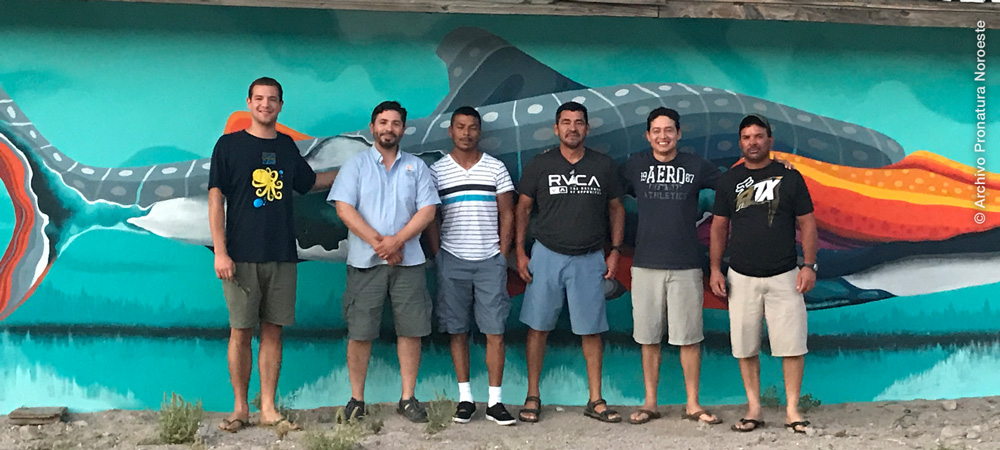
This Octopus Fishery Improvement Program follows the methodology developed by the Marine Stewardship Council, which is used to evaluate fisheries in the process of improvement or certification through three principles: the state of the resource population, the impact of the fishery on the ecosystem, and governance.
Morales Portillo explained that the state of the population refers to the resource being appraised, that is, starting from how many octopuses are available, to establish a management strategy to implement.
The second criterion consists of evaluating the interaction of fishing activity and the ecosystem. In this sense, special emphasis is placed on fishing gear and methods, which in the case of octopus are trap, semi-autonomous diving, and low tide or shore fishing. “We have observed that trap fishing captures more males, so if fishing is done only with traps, it will probably extract a great number of males, which will make the reproductive process unviable. On the other hand, when fishing is done through diving or low tide, more females are extracted that may or may not be sheltered – “encaved” – taking care of their eggs during the reproductive season. In some cases, during diving stones are moved, which can impact the habitat because not only is the octopus removed, but the shelter to which another specimen can go is modified. In addition is the extraction of species which share a habitat and may have commercial value, but are part of a protected category, like the sea cucumber or Mother of Pearl,” said the site coordinator.
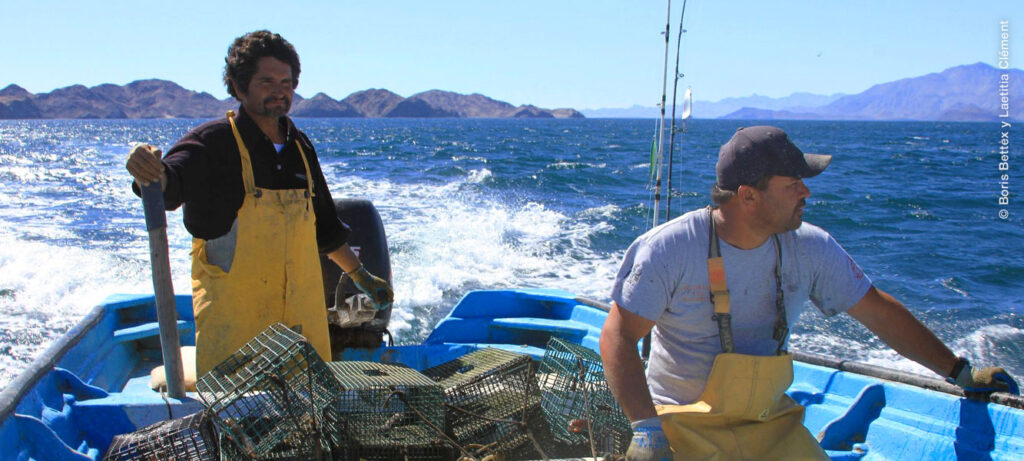
The third criterion, governance, is the process through which fishermen, managers, and civil organizations participate in the design, compliance, and enforcement of agreements, management measures, and FIP rules, which include the functions of the state, how to verify that resources are maintained in a sustainable state, that there is inspection and surveillance, and official instruments, such as management plans. Each of these principles has indicators and, according to the state in which they are found, is marked as green, yellow, or red.
In this sense, the FIP “is a process that allows the sum of ideas, cooperation for decision making both in the community and with the collaboration of civil organizations and governmental institutions,” said Morales Portillo.
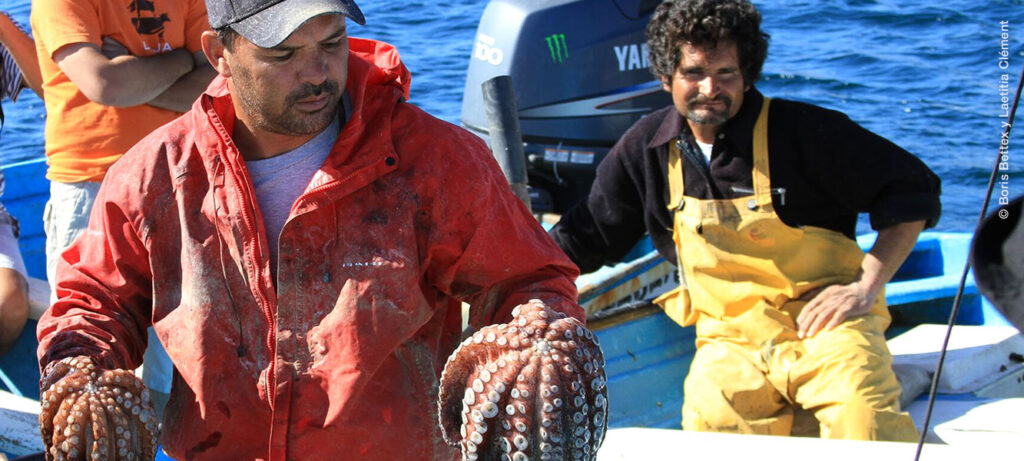
In addition to addressing the management of the fishery, Morales Portillo said that these projects give certainty to the end consumer that the product is of consumption quality and that it was sustainably fished, thanks to a community organization that follows environmentally responsible practices.
Currently, by official disposition, the Spotted octopus (Octopus bimaculatus) and Hubb’s octopus (Octopus hubbsorum) are in closed season from August and September, respectively, until November 30th each year. The former is the result of a 2015 agreement created as a measure of community management that received support from the authorities –CONAPESCA– and that was formalized in 2016. This measure will complement others promoted by the community, such as limiting the number of traps each vessel operates, establishing fishing refuges, rotating fishing areas, and capturing based on annual availability of the resource, to name a few examples.
“If the ban is respected, you are ensuring there will be progeny for coming generations, and so you will be able to continue fishing … this ban is important because what it does is protect the octopus reproduction period,” concluded Christian Morales Portillo.



